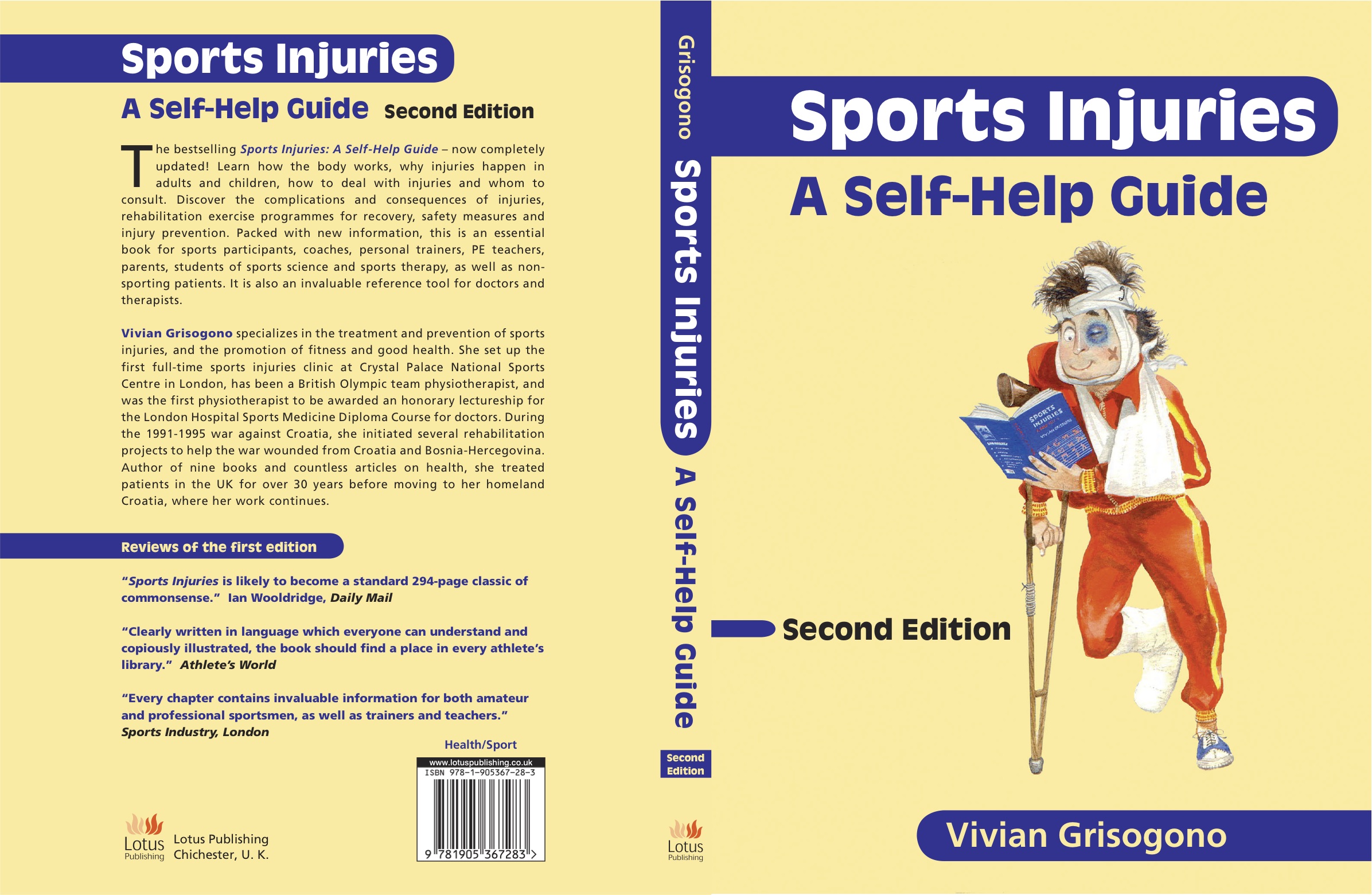Salt has been vilified as dangerous and damaging to health for a long time. Health officials in many countries have been recommending that the general public, healthy or not, should reduce salt intake, on the assumption that most western societies consume far too much of it. But there is a potentially dangerous misunderstanding in the public mind. A normally healthy human being needs sodium as part of the body’s chemical balance. Lack of salt is dangerous.
Hyponatraemia is a term which is becoming increasingly familiar through the media. It means there’s not enough sodium in the system, which in extreme cases can lead to brain damage and death. It is also known as “water intoxication”, and comes about when a person drinks too much water and flushes out sodium from the body without replacing it. This caused the deaths of 22-year-old runner David Rogers immediately after the London Marathon in 2007, and of 28-year-old Jennifer Strange in a water-drinking contest (“Hold your wee for a wii”) in California in 2009.
For some people, especially those with high blood pressure or other cardiovascular problems, a low sodium diet is necessary for good health. This should be regulated and monitored by the person’s doctor. It’s usually helpful to seek advice from a qualified nutritionist or dietician, to create the best balance of fluid and food intake.
Research published in “Science” magazine in 1998 (vol 281 5379 pp 933-934) by David McCarron then of the Oregon Health Sciences University, Portland, suggested that reducing salt is less important for controlling blood pressure than a low-fat diet based mainly on calcium, fruit and vegetables. In 2009, David McCarron, now visiting Professor at the Department of Nutrition at the University of California-Davis, together with co-authors Joel Geerling, Alexandra Kazaks and Judith Stern published a review of existing research on salt intake levels. They concluded that for healthy people salt intake is not a problem, as the brain naturally regulates how much salt we ingest according to need. (“Can Dietary Sodium Intake be Modified by Public Policy?”, published online in “The Clinical Journal of the American Society of Nephrology ”, 15th October 2009)
The claim led to debate in the scientific community. The most sensible conclusion the lay person can reach is to rely on a diet consisting mainly of a variety of fresh foods, especially fruit and vegetables, with moderate salt according to taste. By the same token, processed foods should generally be avoided.
© Vivian Grisogono November 8th 2009


